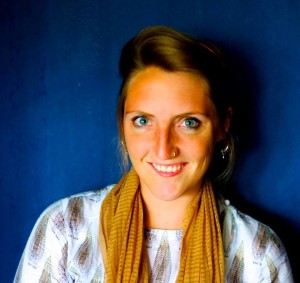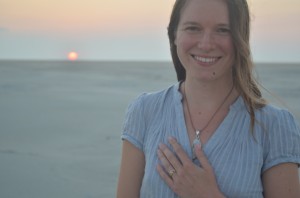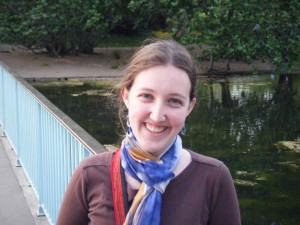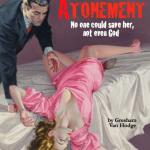Philip Clayton is the Dean of Claremont School of Theology and Provost of Claremont Lincoln University. Clayton earned a joint Ph.D. in Religious Studies and Philosophy from Yale University and has held visiting appointments at Harvard University, the University of Cambridge, and the University of Munich. He has published over twenty books and hundreds of academic and popular articles.
The final Soularize event took place last week in San Diego. I’m calling for a New Orleans-style jazz funeral, complete with jazz band and parade. I’ll be the guy dancing like crazy toward the front.
Since the first Soularize meeting convened in 2001, it’s been a place where people’s faith has been altered and, I suggest, usually in positive directions. The idea was to hold a three-day “learning party.” Keep talks short (think TED talks!), maximize dialogue, throw out the rulebook, and make it up as you go along. Target topic: Christianity, theory to practice, and everything in between. No holds barred.
Spencer Burke, the force behind the events, told us, “We knew that church leaders were yearning for a safe environment to wrestle with issues that may not have been ‘appropriate’ in their own congregations.” If you’ve ever done ministry, you know that your issues aren’t always the issues of those you minister with. But you have to have a place where you can wrestle out loud with the questions that keep you up at night. There has to be a place where you can talk about Barth or Schleiermacher, Jacques Derrida or Peter Rollins, Monica Coleman or Rita Nakashima Brock, without people rolling their eyes.
Soularize went a step further: it was the place where you can spend several days with people like Pete, Monica, and Rita (three of this year’s speakers), exploring the frontiers of Christian thought and existence. The labels of the encounters changed over the years, as did the people. This year a lot of us were asking if progressive Christians could make peace with emerging-church types. Whatever the topic, one commitment remained: you could voice your gravest doubts, your hardest questions, and find people ready to engage you there without guilt-trips. As one participant said, “I’ve never met a question I didn’t like.”
Pete Rollins put it best on the cover of his newest book, Insurrection: “To believe is human; to doubt, divine.”
Historians may debate about what are causes of historical changes and what are symptoms. Soularize over its ten-year history spawned some significant books and altered the perspectives of some leading Christian voices. In his video, Brian McLaren put it something like this, “Again and again, you’d think, ‘I’ve never heard that said before, I’ve never seen that done before.’ Thank God this stuff has a place to have a little germination.”
In the end, though, it doesn’t really matter whether Soularize was cause or symptom. For you and me, what alters our faith — what destroys it or saves it — matters ultimately to us.
So let me put it down here for the record, clear and personal: forums like Soularize saved my faith. I’d been told that doubt was sin and questioning was of the devil. If those were the ground rules, I was ready to walk from Christianity and never look back. But emerging Christianity — whatever it is and whatever it’s going to become — is breaking the rules, and as long as its banner waves, I’m sticking around. The Church met the Question, and neither will ever be the same again. The Soularize “learning parties” were one of the important places where the revolution happened and the sparks flew.
Now we lay Soularize to rest, and the eulogies resound through the blogosphere. As we turn out faces back toward the French Quarter of New Orleans, the jazz musicians warm up their instruments. Now the question is: what forums will we create next, so that the biggest questions of our age — questions of religion and faith and ultimate meaning — can again meet the radical teachings of Jesus? How will we next incarnate that productive tension, that eternal and holy tension, between faith and doubt?











